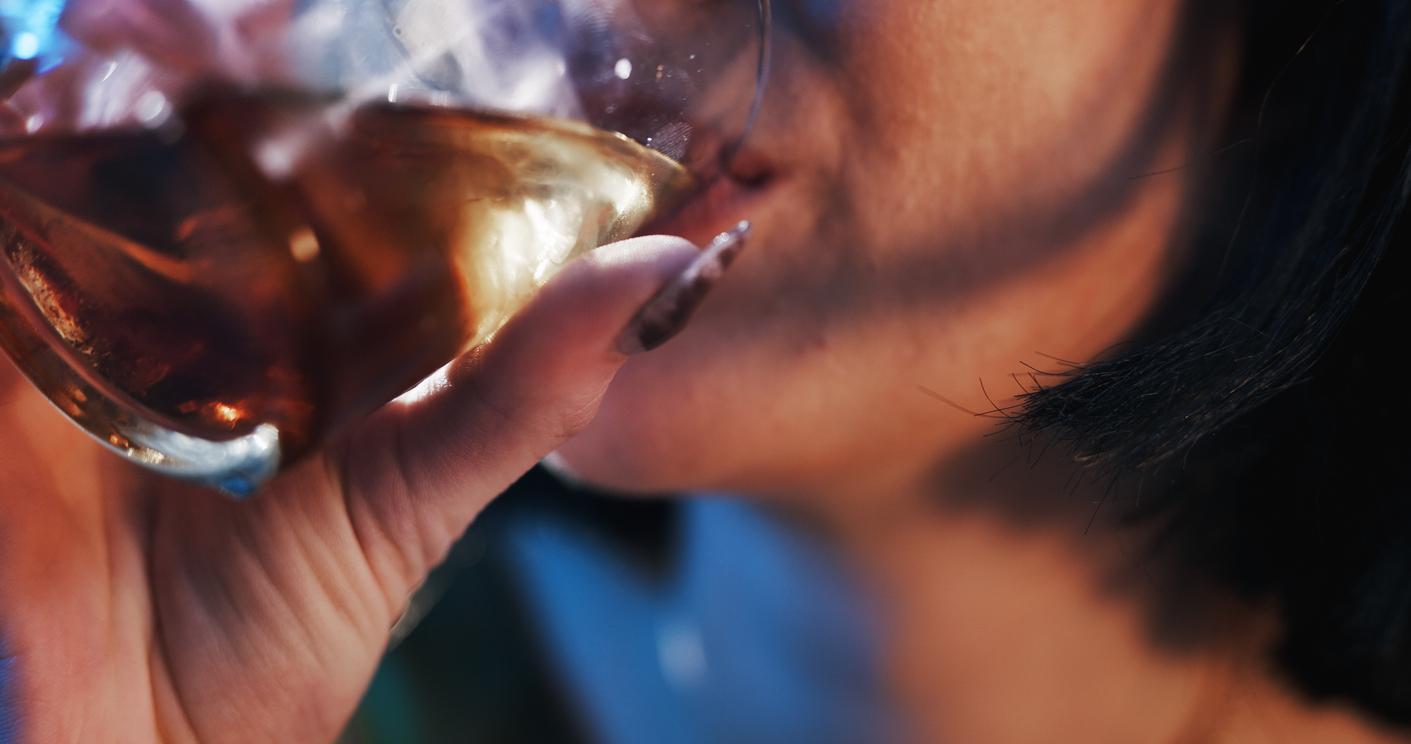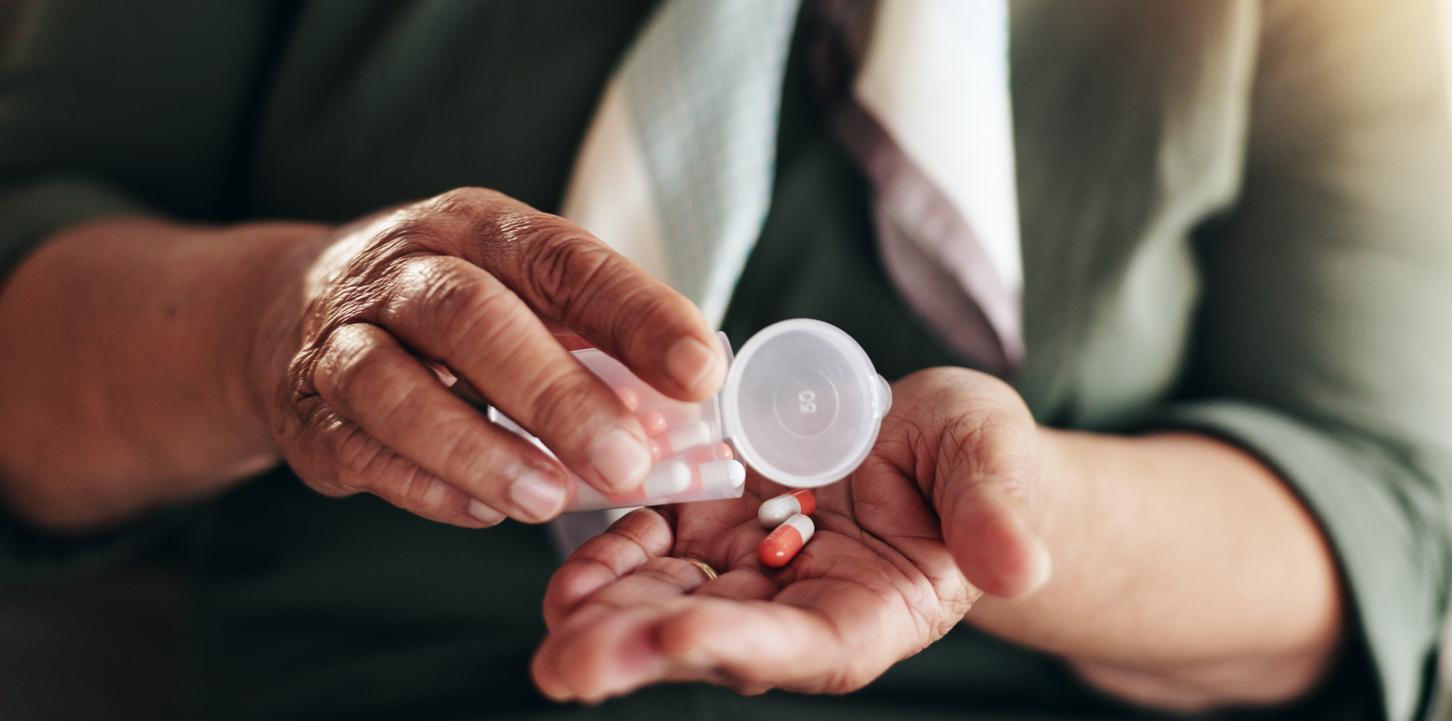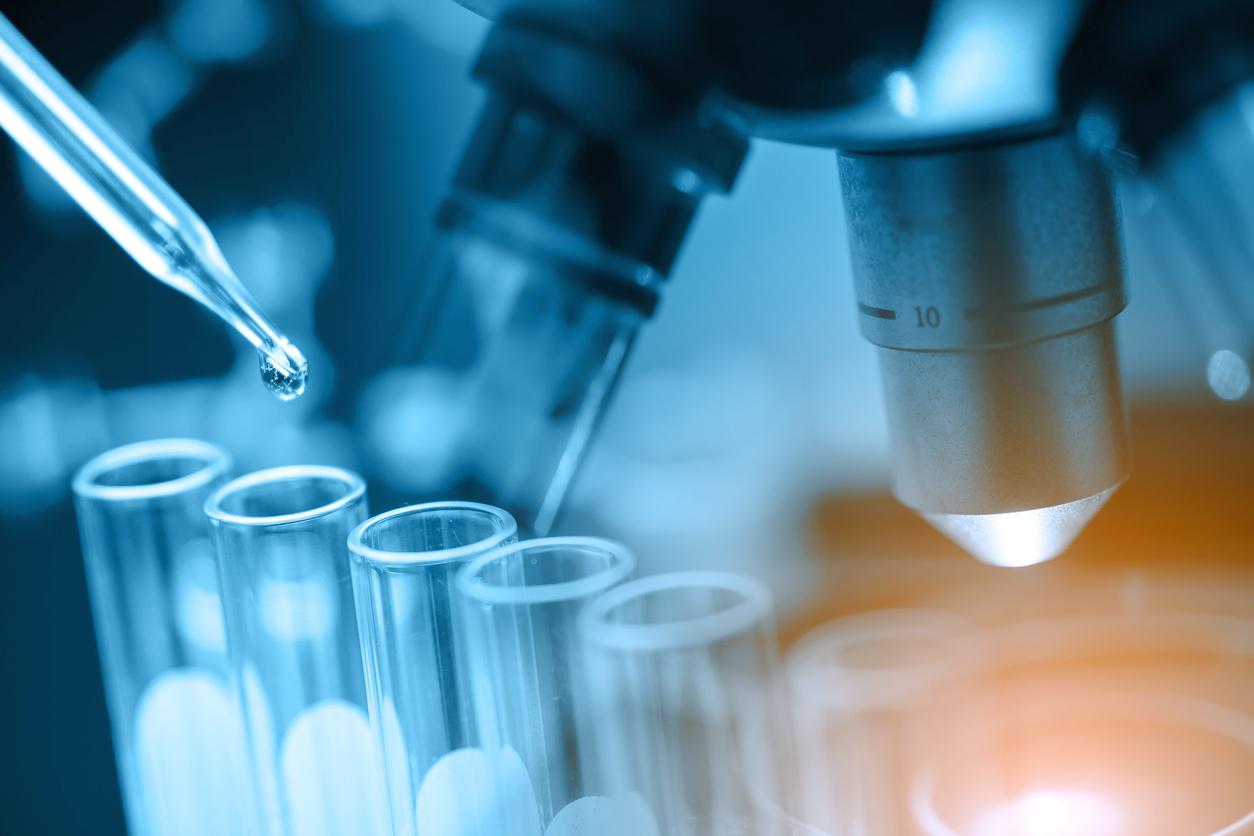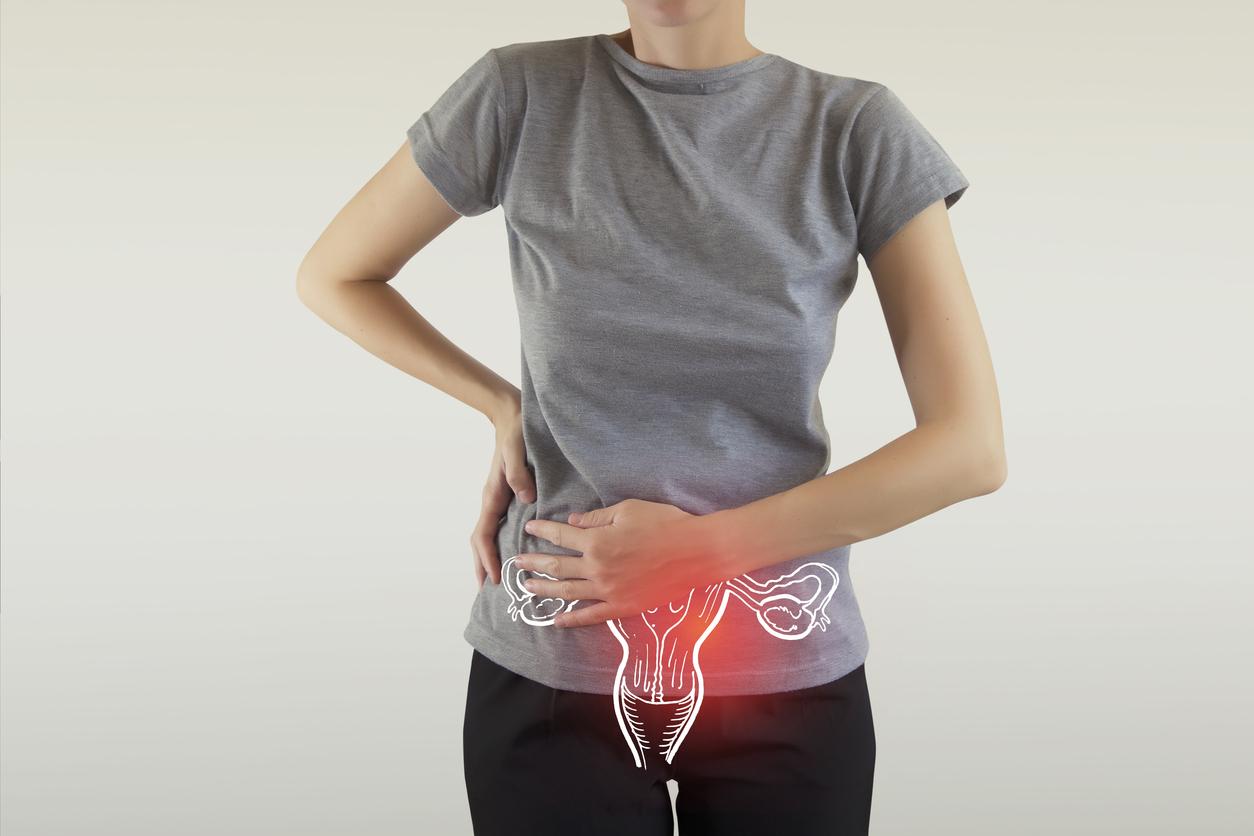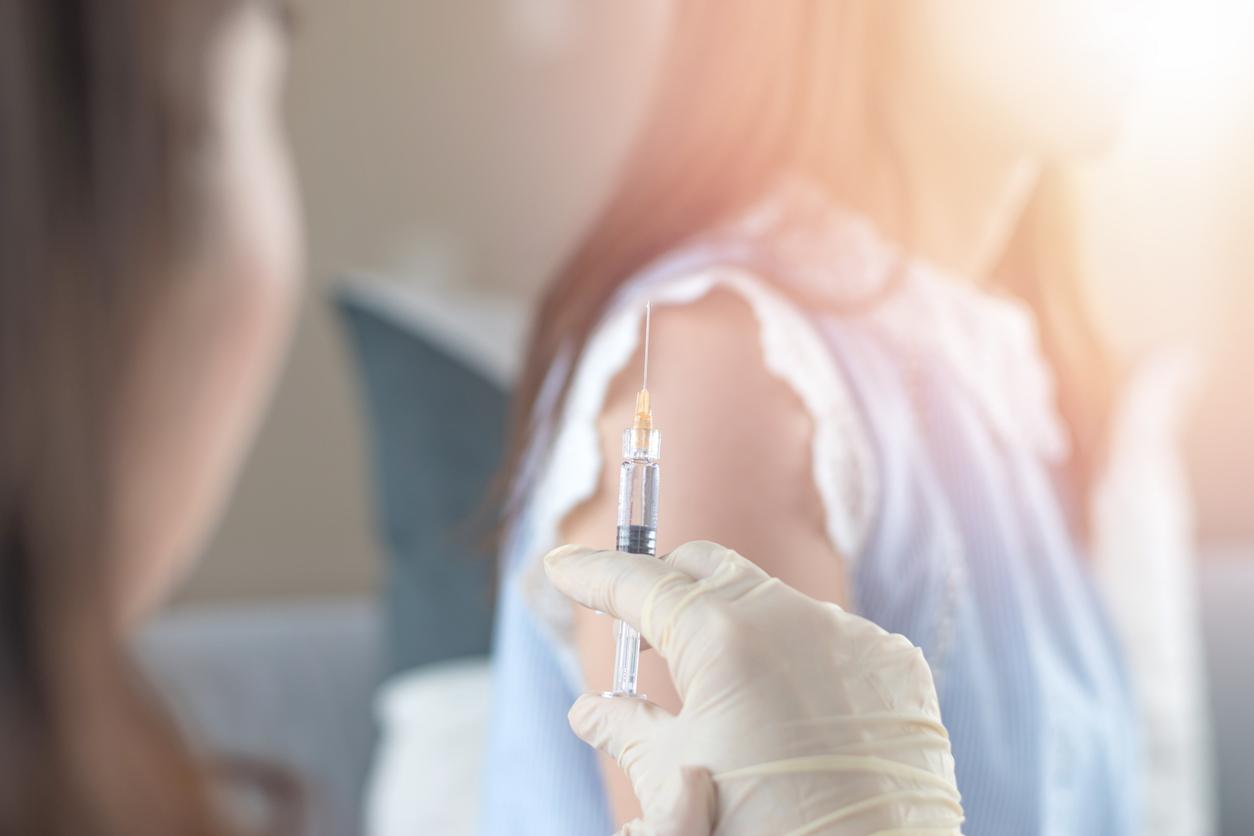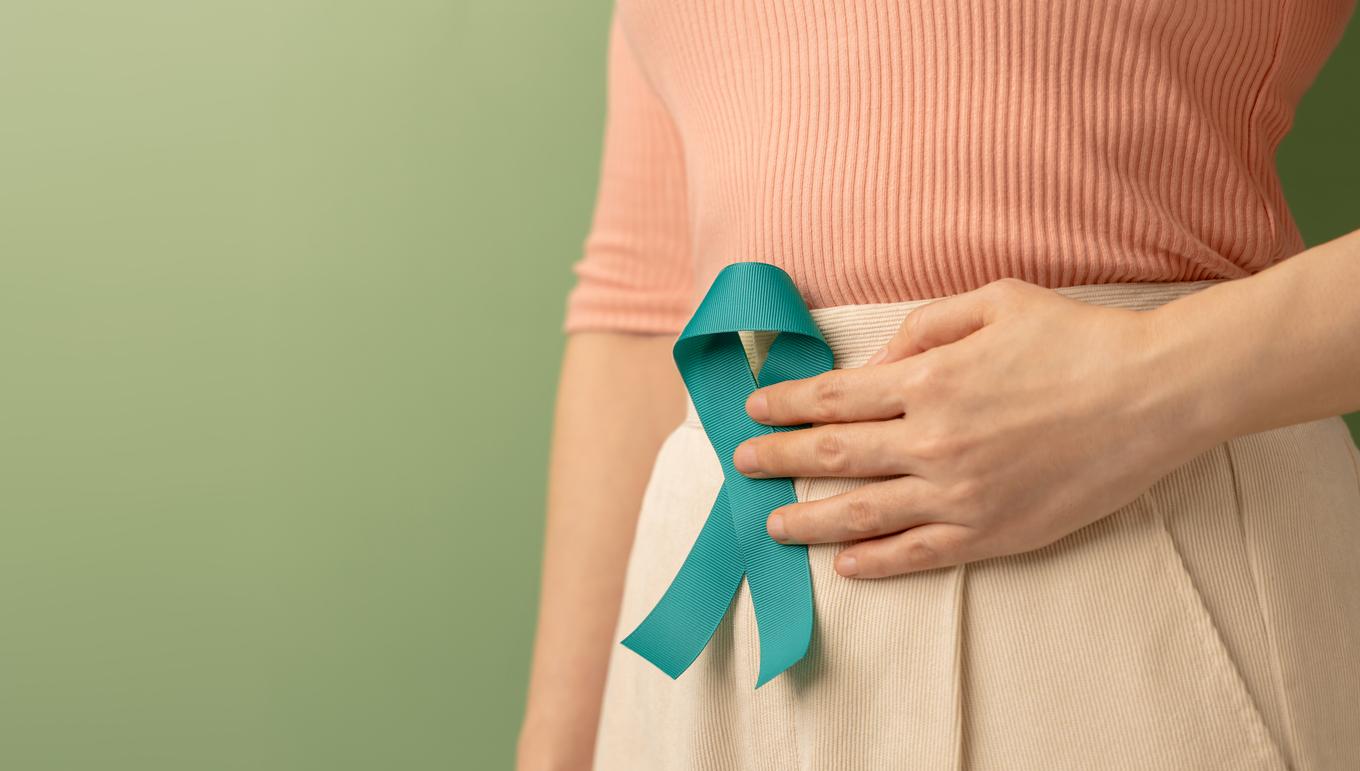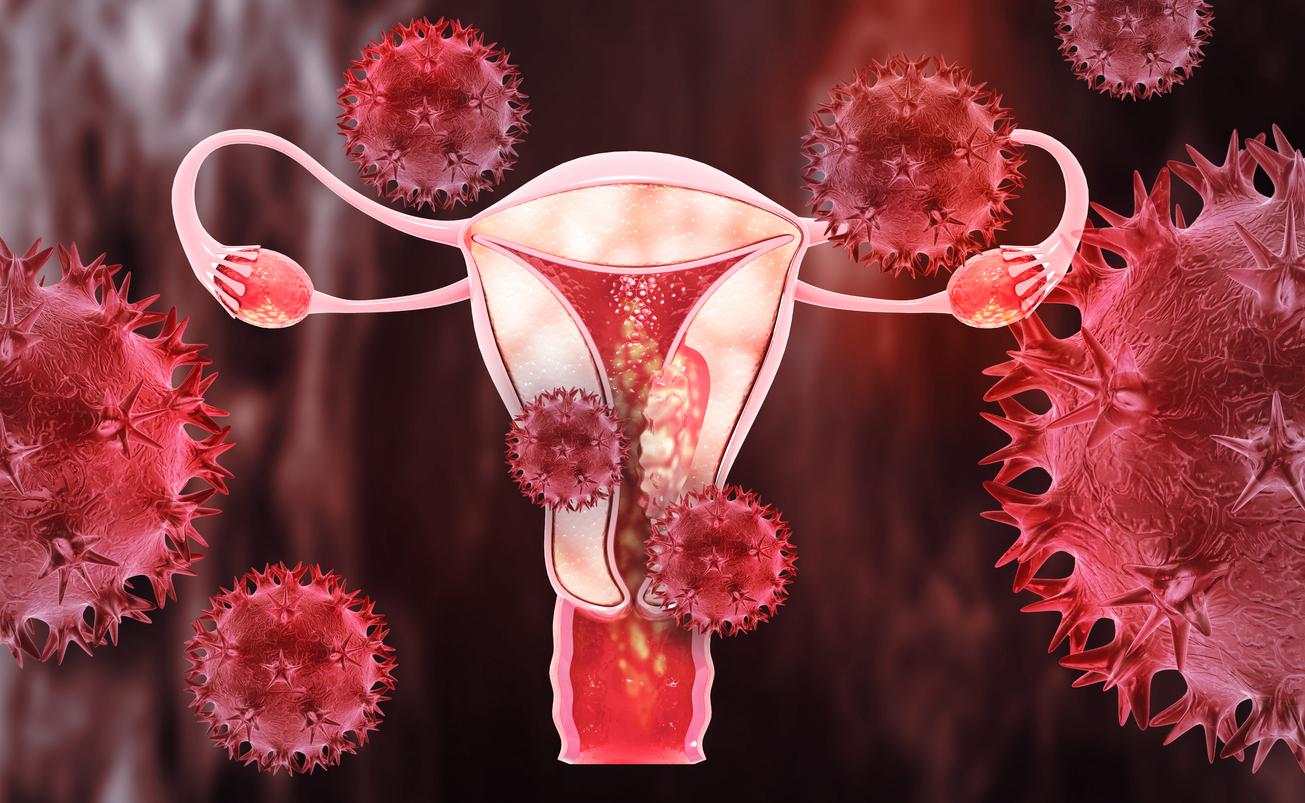Manufacturer of a talc suspected of being carcinogenic, Johnson & Johnson has been convicted for the 5th time by the American courts.
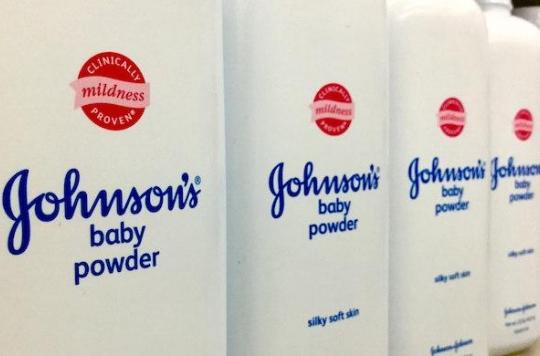
Convictions are raining down on the American laboratory Johnson & Johnson. This Monday, August 21, the industrialist suspected of manufacturing carcinogenic talcs was sentenced to 417 million dollars (more than 350 million euros) in damages by a court in Los Angeles. This is the largest compensation awarded to a complainant suffering from ovarian cancer.
In view of the elements presented during the trial, the jury considered that the laboratory specializing in hygiene products had not sufficiently informed the complainant, Eva Echeverria, of the risks of using talc for her personal hygiene. The sixty-year-old had been using this product since she was a teenager. Her ovarian cancer was diagnosed in 2007.
“We are grateful for the jury’s decision,” said plaintiff’s attorney, Mark Robinson, who maintains that Johnson & Johnson has been hiding the truth about its products for years.

Over 4,800 complaints
An opinion shared by many complainants and their lawyer. Johnson & Johnson faces more than 4,800 procedures. With this new conviction, the laboratory has been found guilty 5 times and has already paid more than 720 million to the victims or their families. On the other hand, last March a jury released him.
Based on this decision, the laboratory announced its intention to appeal. “We are basing ourselves on the science that says Johnson & Johnson’s Baby Powder is safe,” a spokesperson for the manufacturer said in an email to AFP. We are preparing for further trials in the United States and will continue to defend the safety of Baby Powder ”.
The pharmaceutical group relies on a study by the American Cancer Institute showing that “the evidence does not support a correlation between exposure of the perineum region to talc and an increased risk of ovarian cancer.”
Still, the International Agency for Research on Cancer (IARC), an agency dependent on the World Health Organization (WHO), classifies talc as a probable carcinogen. The danger is linked to the trace of asbestos fibers in certain products, specifies the agency.
.







